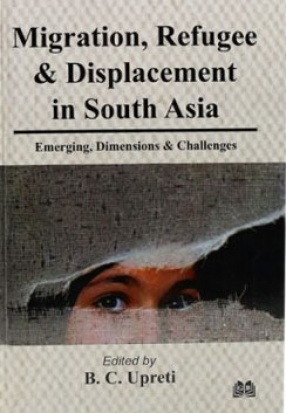
B.C. Upreti

Showing all 13 books

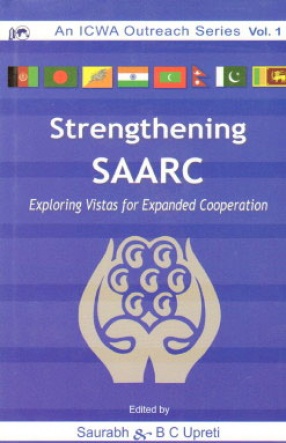
In the post-cold war era, there is a serious rethinking on the concept of the security. Nations have started putting greater emphasis on the multi-dimensional character of security. There is a sharp transformation of the concept from a narrow state centric approach to a comprehensive security paradigm, based on the notion of human security. Thus, the importance of non-military and diplomatic methods in tackling security problems has increased. Problems of ...
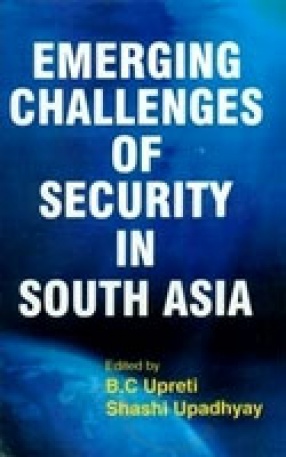
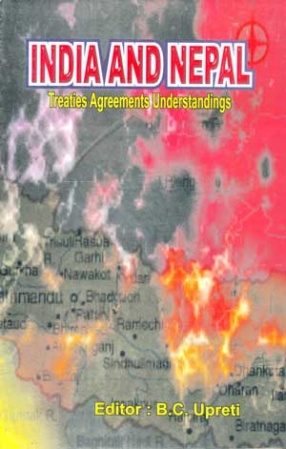
India-Nepal relations have been a subject of high significance for both the countries. The treaties and agreements concluded between the two countries from time to time clearly shows the mutuality of interests and need for cooperation and intimacy between the two countries. The present book is a collection of various treaties, agreements and understandings concluded between India and Nepal since the days of East India company. The book is divided into three ...

Nepal is the closest neighbouring country of India. Despite vast differences in size, resources, population, capabilities and levels of development there are several factors which have made their relationship cooperative as well as conflictual. The geographical and sociocultural and religious proximities, close economic interlinkages and Nepal's excessive economic dependence upon India primarily due to its landlocked nature, Nepal's strategic importance ...
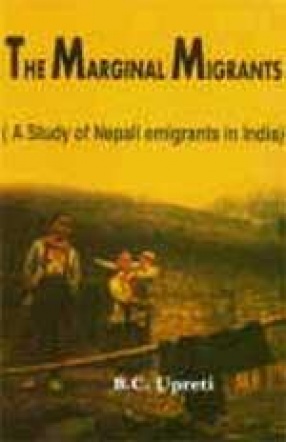
The phenomenon of migration has attracted scholars of different disciplines as it helps in understanding socio-economic dynamics of a society. Migrations, a widespread and historical process as it is, has diverse implications for individuals and society whether it takes place within or outside national boundaries. Indo-Nepal migration though an international migration has certain peculiarities due to geographical, socio-cultural and political factors. The ...
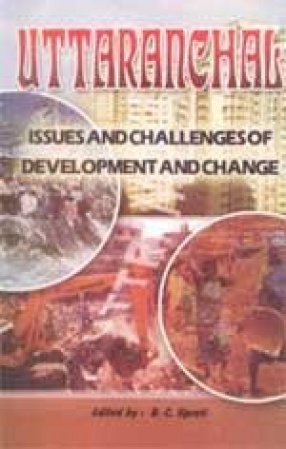
Uttaranchal located in the middle Himalayas is the twenty seventh state of India. this region is known since the early days not only for its cinic beauty but also as ‘Devbhumi’ due to its shrines, temples and places of worship, meditation and soul searching. However, for a long time this hilly region has been considered merely as a supplier of resources, both human and material. Due to its complex geographic conditions and peculiar developmental needs, people ...
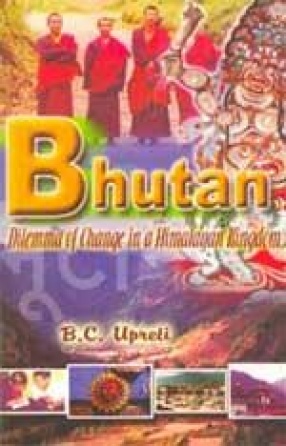
Study of Bhutan is fascinating in many respects. Its complex ecology has provided it a distinct identity not only geographically but also socially and culturally. For a long time this small Himalayan state was ruled under a dual authority system of Dev Raja and Dharma Raja. Today, Bhutan is among those few countries of the world which have a monarchic system. Being a backward and underdeveloped country Bhutan is faced with immense challenges of socio-economic ...
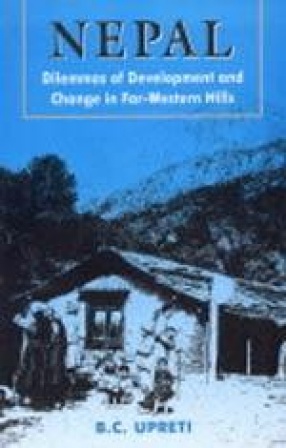
This study is an attempt to understand the complexities, problems and challenges in Nepal's quest for development and change. The book focuses on the issues of development in the Far-Western Hills of Nepal, which constitutes the most backward region of the country. What does development and change mean for a country like Nepal? To what extent it has been possible to meet the challenges of basic needs over a period of more than half a century? What have been the ...
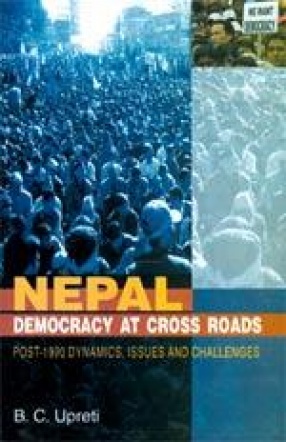
The contemporary political history of Nepal is best characterized as the struggle for democracy. During the last more then five decades the sustenance of democracy has been a major issue of the Nepali politics. Why democracy has failed in Nepal? What are the problems, challenges and prospects of democracy in that country? These are highly significant issues of the Nepali politics today. In fact, the Nepali politics is passing through a critical ...
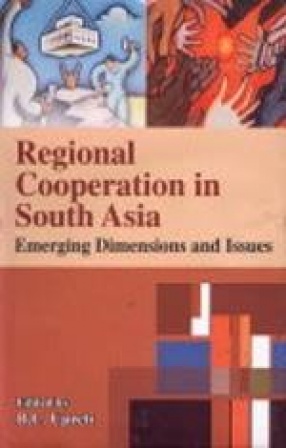
South Asian Regional Cooperation has become a reality now. The South Asian Association for Regional Cooperation has tried to keep pace with the forces of globalization and liberalization. It is true that as an institutional framework SAARC has been a significant development, yet it has not been able to give sufficient momentum to regional solidarity and development. SAARC has often been criticized as an institution following a go-slow approach. It has also been ...
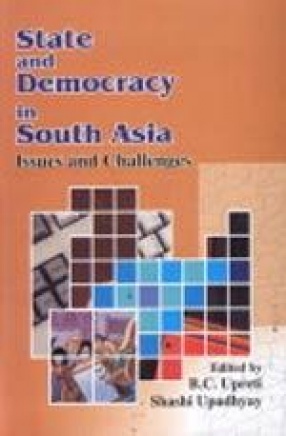
Democracy, as a system of governance is widely acknowledged and well established phenomenon all over the world. Though complex, yet it remains flexible, debatable as well as critical at times. The growth of democracy is not uniform in all the parts of the world. However, the mere establishment of democracy is not sufficient. It has to be nurtured, sustained and institutionalized which is possible if there is distributive justice; social equality, economic growth, ...
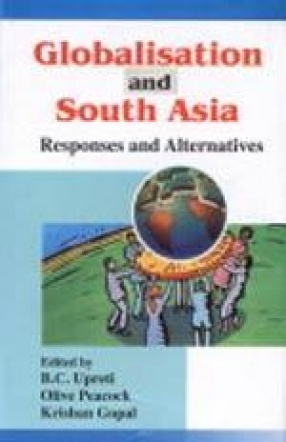
Globalisation, which has dominated the Post-Cold War International Order, is a comprehensive process with its wide-ranging implications for most of the countries of the world today. As a concept, globalisation is still debatable, largely because of the complexities of this phenomenon. Whether globalisation has to be viewed in terms of its historical continuity or as an exclusively post-Cold War process in difficult to ascertain. It is also confusing whether ...
